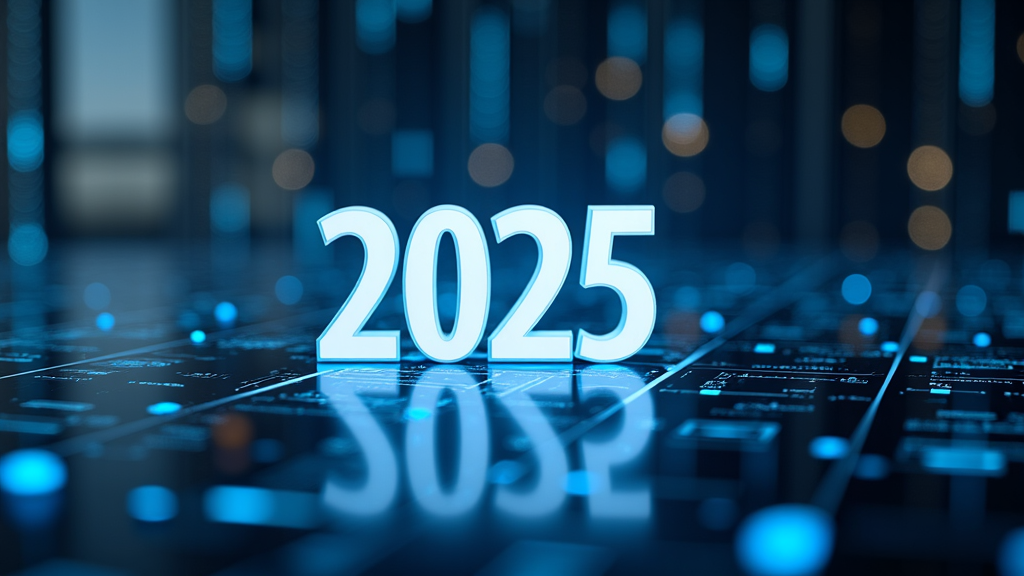
5 Essential Engineering Skills for 2025
As we approach the year 2025, the engineering landscape is undergoing significant changes driven by technological advancements, increasing complexity of systems, and growing demands for sustainability. To remain relevant and thrive in this evolving environment, engineers must possess a unique set of skills that blend technical expertise with soft skills and domain knowledge. In this article, we’ll highlight five essential engineering skills for 2025.
1. Data-Driven Decision Making
Data is the lifeblood of modern engineering projects. The ability to collect, analyze, and interpret vast amounts of data from various sources (sensors, IoT devices, simulations) has become crucial in making informed decisions. Engineers must be proficient in:
- Data analytics: Use statistical tools and machine learning algorithms to extract insights from datasets.
- Visualization: Effectively communicate complex data visualizations to stakeholders.
- Simulation-driven design: Leverage computational models to predict and optimize system behavior.
By integrating data into their workflow, engineers can identify patterns, anticipate potential issues, and deliver more efficient solutions.
2. Digital Twinning
Digital twinning is the practice of creating virtual replicas of physical systems, processes, or products. This technique enables engineers to:
- Simulate complex interactions: Replicate real-world conditions to test hypotheses, predict outcomes, and optimize performance.
- Improve product design: Use digital models to refine designs, reduce prototyping costs, and accelerate time-to-market.
- Optimize operations: Leverage virtual replicas to monitor, analyze, and improve the performance of existing systems.
Digital twinning empowers engineers to develop more accurate, efficient, and sustainable solutions by minimizing the need for physical prototypes and testing.
3. Cybersecurity
As connected devices and sensors become increasingly prevalent in engineering projects, cybersecurity has emerged as a critical concern. Engineers must be aware of:
- Threats: Identify vulnerabilities and potential attacks on systems, networks, and data.
- Secure design practices: Implement security-by-design principles to prevent attacks from the outset.
- Risk management: Assess and mitigate risks associated with system failures, data breaches, or other cybersecurity incidents.
By prioritizing cybersecurity, engineers can protect sensitive information, prevent economic losses, and maintain public trust in their work.
4. Sustainability and Environmental Impact
Engineering projects must now consider the environmental implications of their designs and operations. Engineers should be knowledgeable about:
- Sustainability metrics: Evaluate systems using metrics like energy efficiency, carbon footprint, and material usage.
- Circular economy principles: Design products and processes that minimize waste, promote recycling, and encourage reuse.
- Climate change mitigation: Incorporate strategies to reduce greenhouse gas emissions, promote renewable energy sources, and adapt to climate-related changes.
By integrating sustainability considerations into their work, engineers can help mitigate the environmental impacts of their projects and contribute to a more sustainable future.
5. Communication and Collaboration
Effective communication and collaboration are essential skills for modern engineers. They must be able to:
- Communicate complex ideas: Clearly articulate technical concepts to non-experts, stakeholders, or team members.
- Collaborate with diverse teams: Work effectively with colleagues from various disciplines, backgrounds, and cultures.
- Facilitate knowledge transfer: Share expertise and experiences to ensure seamless project handovers and continuous learning.
By prioritizing communication and collaboration, engineers can build strong relationships, foster innovation, and drive successful projects forward.
In conclusion, the engineering landscape of 2025 demands a unique blend of technical expertise, soft skills, and domain knowledge. By embracing data-driven decision making, digital twinning, cybersecurity, sustainability, and effective communication and collaboration, engineers can thrive in this evolving environment and make a lasting impact on society.



